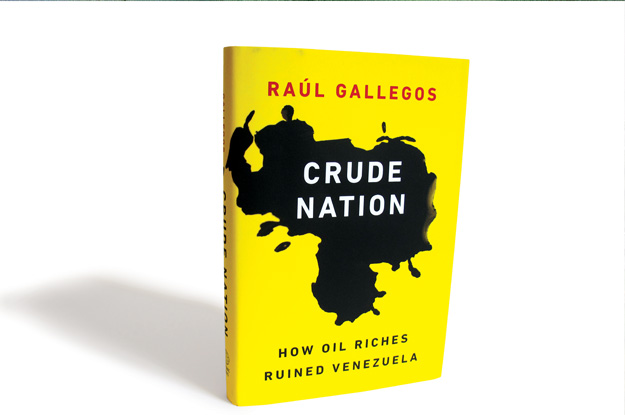This article is adapted from AQ’s special issue on the U.S.-Mexico relationship. To receive AQ at home, subscribe here.
The story of Venezuela is one of Latin America’s most tragic. Home to massive oil resources, and once considered the region’s wealthiest country, Venezuela is today a nation in self-inflicted collapse.
The ruling chavista movement — named for former President Hugo Chávez, who rose to power in 1999 on promises to share the country’s oil wealth more equitably with low-income Venezuelans — has presided over mind-blowing levels of corruption and economic malfeasance. While high-ranking chavistas and well-connected people who can get their hands on scarce dollars at preferential rates have become massively wealthy, most Venezuelans today suffer under an economic crisis that is almost unprecedented in a nation at peace.
The regime’s opponents blame chavismo — and in particular President Nicolás Maduro, who took over following Chávez’s death from cancer in 2013 — for the current disaster. Yet Raúl Gallegos, in his new book Crude Nation, argues that the crisis’ roots go back as far as 1914, when Venezuela’s first major commercial oil well, Zumaque, went into production.
Since Zumaque, oil has become Venezuela’s lifeblood. Today, it accounts for over 90 percent of all the foreign exchange the country earns. In his book, Gallegos argues that Venezuela’s near complete dependence on cyclical oil revenues has disfigured not only the country’s economy, but its political development and national character. The potential for easy riches when oil prices are high, he said, has led both governments and citizens to take a short-term view, wantonly spending oil money without planning for the future. When crude prices inevitably decline and the cash stops flowing, Venezuela plunges into economic chaos and political instability.
In Gallegos’ view, chavistas are not a uniquely evil and venal band of incompetents (as opponents would have the world believe). Rather, he sees the current regime as “a blip in a long history of larger-than-life leaders who promised to use oil to quickly turn Venezuela into a modern, powerful nation, only to disappoint voters in the end.”
Gallegos, a senior analyst at consulting firm Control Risks, is a former Caracas correspondent for Dow Jones Newswires and the Wall Street Journal. His impressive reporting skills are evident throughout the book, as he presents a range of interviews with colorful personalities from all walks of life to illustrate the everyday absurdities of today’s Venezuela. Gallegos’ subjects range from a retired policeman hoarding food in his cupboards, to a high-end plastic surgeon struggling to get around foreign-exchange controls so he can import breast implants. To his credit, Gallegos depicts each individual with empathy and respect, even when it comes to diehard regime supporters.
Gallegos clearly knows Venezuela inside and out, and the way he draws parallels between the current crisis and similar episodes in the past is enlightening. His overview of Venezuelan political and economic history since Zumaque, although brief, bolsters the author’s thesis that today’s problems cannot be blamed solely on chavismo. Yet the book is less strong when it comes to offering suggestions for how Venezuela might right itself and end the recurring crises that its oil dependence produces.
The author does present some worthy ideas, such as establishing a rainy-day fund to save a portion of oil revenues, and ending subsidies that force state oil company Petróleos de Venezuela to sell gasoline domestically for less than the cost of production. But other suggestions, such as giving a portion of oil wealth to citizens via a cash dividend and instituting mandatory economics education to teach Venezuelans how to handle money, are less realistic. Furthermore, all those possible improvements presuppose a government that actually wants reform, and chavismo has shown little intention of altering its current course.
Despite that shortcoming, Gallegos’ book provides an excellent summary of today’s Venezuela, and a solid explanation of the historical trends that have produced the country’s ongoing tragedy. As the author wrote: “Venezuela can teach us all an important lesson: too much money poorly managed can be worse than not having any money at all.”
—
Fargo is Latin America team leader at Energy Intelligence in New York. He writes regularly about oil and gas projects and energy policy throughout the region.





